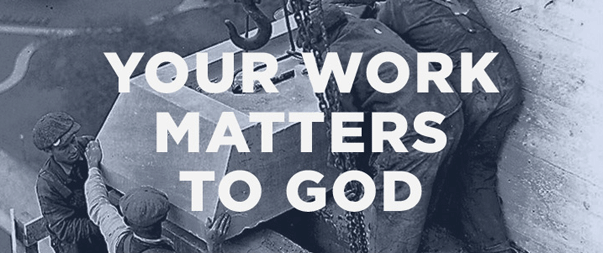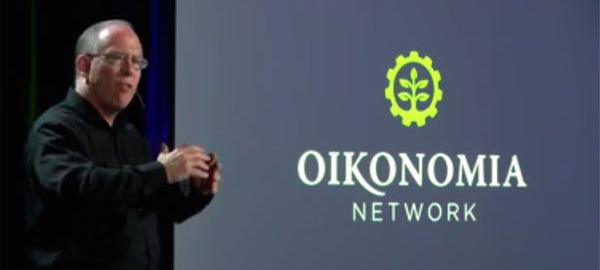Stan Burgess’ delightful source book, Peoples of the Spirit, chronicles gifts and expressions of the Holy Spirit throughout church history. One of the most interesting experiences is what the Eastern Orthodox leaders called, “The Baptism of Tears.”
When the Spirit falls, tears flow.
God hears the laments of his people and records the tears on his scroll (or stores them in his bottle – Psalm 56:8). Tears of repentance cleanse the soul. Tears of rejoicing lift our spirits. Tears of righteous anger propel advocacy for justice. Tears of compassion empower sacrifice for those that cannot return the favor.
North American Christianity needs a baptism of tears.
Instead of polarized invective that tears up apart, we need the tears of divine empathy to unite our hearts. The God of the Bible weeps and laughs, grieves deeply and dances with joy (Jeremiah 8-9; Zeph. 3; Luke 10, 19).
Imagine our conversations with God and each other if we experience a baptism of tears:
We will weep deeply as we confront the racism of Charleston and shed joyful tears as forgiveness triumphs over retaliation.
We will weep hearing the cries of creation as humans despoil the earth and we will cry aloud with delight as gospel hope inspires ecological healing.
We weep in intercession for our neighbors lost without Christ and shed tears of joy as converts are baptized and prodigals discover Abba Almighty waiting for them.
We will weep when a sister or bother suffers and find our eyes moist when healing flows.
This baptism of tears purges hubris and hypocrisy from our hearts. Tears will inspire love for enemies as we realize their need of grace.
There is a time and place for civil, dispassionate debate, inside the church and in the public square. The issues tearing the church and civil society apart, especially the labeling and libeling, the intolerance and entrenched anger, will not be overcome merely with debating points. Evidence and rational thought are needed in our hyperbolic sound bite-driven world. But tears are needed even more.
Tears in our eyes help us hear with our ears what the Spirit is saying as we listen deeply to each other.
Today I am shedding tears for our violence toward the vulnerable, from the unborn to the aged, the oppressed and trafficked to the hidden abuse in homes.
Today I am crying with joy over the thousands finding Christ each hour, and many believers awakening to this moment of kingdom opportunity.
Tears are not a sign of moral compromise or inner weakness. They are not evidence of sentimentalism. Tears are signs of compassion, empathy and wholeness.
Healing laughter often ends with flowing tears. Deep conviction that leads to repentance is accompanied by cries for mercy, with tears running down the face.
We do not need to make this happen artificially or start a new movement for tears in our services. Authentic works of the Holy Spirit that honor Christ and transform individuals and institutions do not need our manipulative assistance.
If we pray the ancient prayer, “Come, Holy Spirit” and really desire the fullness of the resurrection life of Christ, tears will flow.
Come, Holy Spirit, and baptize us with tears.





